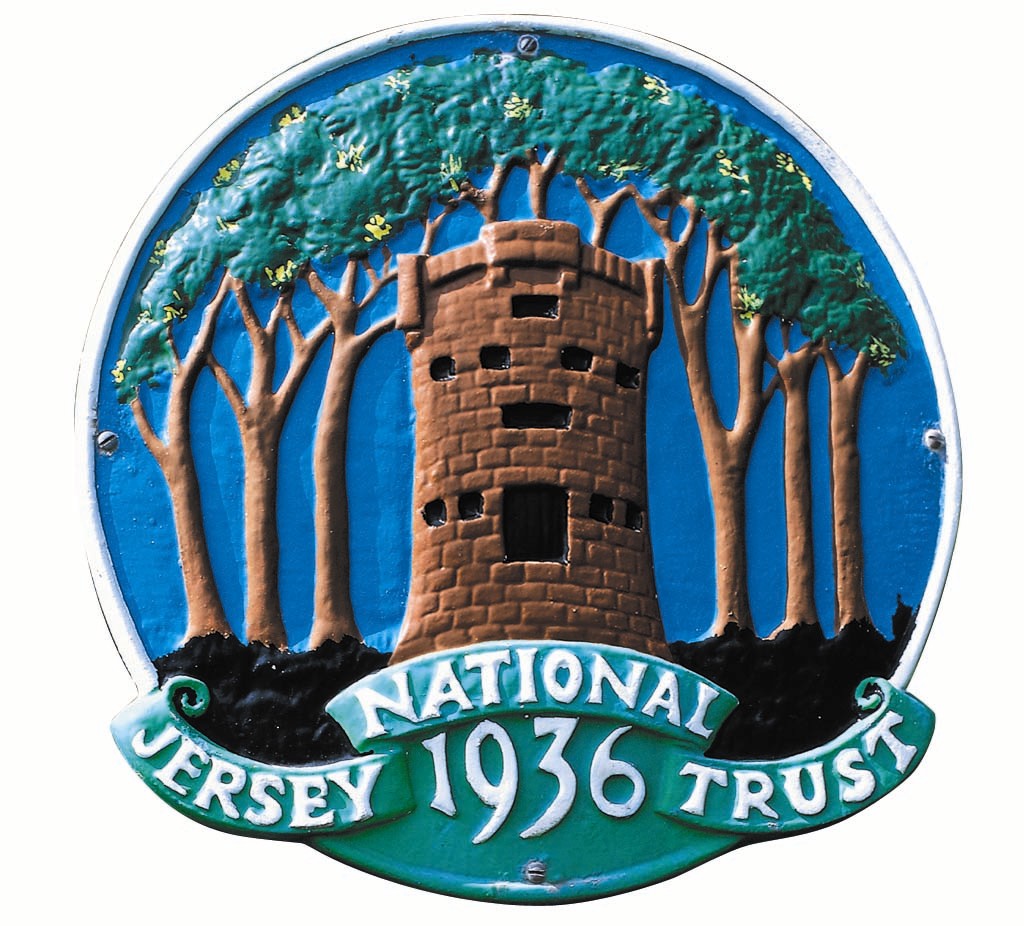The Jersey Charity Commissioner, John Mills CBE, has concluded an investigation into the National Trust for Jersey’s sale last year of one of its historic properties, La Ronce in St Ouen. The Trust is Jersey registered charity no.28.
Mr Mills initiated the investigation in September 2022 in the light of criticism, reported in the press, that the Trust had failed to conduct the sale of the property transparently in the open market, thus not overtly or necessarily assuring best value for the charity. Those criticisms led to an ‘in hindsight’ acceptance by the Trust’s Chief Executive Officer that greater transparency would indeed have been afforded had the property been marketed openly.
One of the functions of the Commissioner is to seek to act in a way that protects public trust and confidence in registered charities. It seemed to be apparent to him from what had been reported that such trust and confidence in the National Trust could or might have been jeopardised.
The Commissioner received full cooperation from the charity in carrying out his investigation and welcomes that. He reviewed a range of written materials, including the charity’s governance policies, minutes of relevant meetings and various contemporaneous papers, which all to one served to illumine the Trust’s decision making process in relation to the sale of the property.
The heart of the matter was whether a sale by private treaty, however seemingly justified as to best value both by policy and through valuations requested from local estate agents, could ever serve the best interests of the charity, compared with a normal open market process. This consideration was perhaps heightened given the special character of the property in question. The Chief Executive Officer’s post hoc statement was certainly, in the Commissioner’s view, a helpfully frank thing for him to have said but it was after the event. Even if the Trust took the view, which it did (and still does) that the sale price was good having regard to all relevant factors, including the state of the property market, as viewed at the time, there was left, in the Commissioner’s view, scope for the perception that it, the Trust, could not have been sure about that and could have demonstrated it beyond doubt only through an open market process.
The Trust explained to the Commissioner its reasons for pursuing the approach which it did, which included a desire for certainty in respect of a property which had been marketed before but without success, the prospect of the imposition of certain restrictive covenants as a condition of sale in order to protect the building’s principal historic features, and the importance of securing fresh funds to meet the needs of key projects in train. These in themselves were not unreasonable considerations but they did not address the fundamental point that transparency had not been assured and thus best value from the sale not demonstrated. From the perspective of protecting public trust and confidence this would not, it seemed to the Commissioner, be the best place for any registered charity to find itself.
The Commissioner therefore welcomes the Trust’s decision to put in place a new policy for all future property sales wherein open market procedures managed by third party professionals will always be required. It cannot be known whether or not the Trust’s judgement that it obtained best value for La Ronce is correct, but such a procedure for any future sales should at the very least ensure that any perception in a negative direction might be averted.
The Commissioner also came to the view from the materials which he reviewed that some weaknesses of governance were apparent in the way the Trust went about decision-making on the sale, over and above the question of transparency. These included a seeming degree of unclearness in its rules and policies as to what type of property it judged it felt empowered to sell, and less than wholly satisfactory procedures for ensuring that at both Council and management levels perceived or actual conflicts of interest arising from a property contract were declared, recorded and addressed. The Commissioner and the Trust have had helpful discussions about these things.
The Trust has confirmed to the Commissioner that lessons have been learned and that it has put in place new, better, arrangements to meet the Commissioner’s concerns. It has equally confirmed its appreciation of the context in which it must operate as a significant Jersey registered charity. In particular, the Commissioner has been assured that the Trust has introduced a modern conflicts of interest policy and register, wherein declarations of interests are now a standing agenda item for both Council and Executive Committee meetings, and duly recorded. It has also taken stock of the way in which it categorises properties as either ‘heritage’ or ‘investment’ properties for the purposes of possible future disposals. And, as already noted, it has committed to open marketing for all future sales.
The Trust has shared with the Commissioner how it intends to reference these things in its Annual Report & Accounts for 2022, due to be published in April and which will be on the table at its AGM in May. It has said, too, that it will cover the ground in the next edition of its magazine for members. It will also be indicated in the Trust’s latest annual return narrative statement, which will in due course be available to be viewed in the public register of charities which the Commissioner maintains.
The Commissioner has confirmed to the Trust that, in his view, the responses and changes outlined, and their communication to members and to the public in the manner described, along with the constructive exchanges that he has had with members of the Council of the Trust, represent a satisfactory outcome to the episode. His dossier is now closed.
